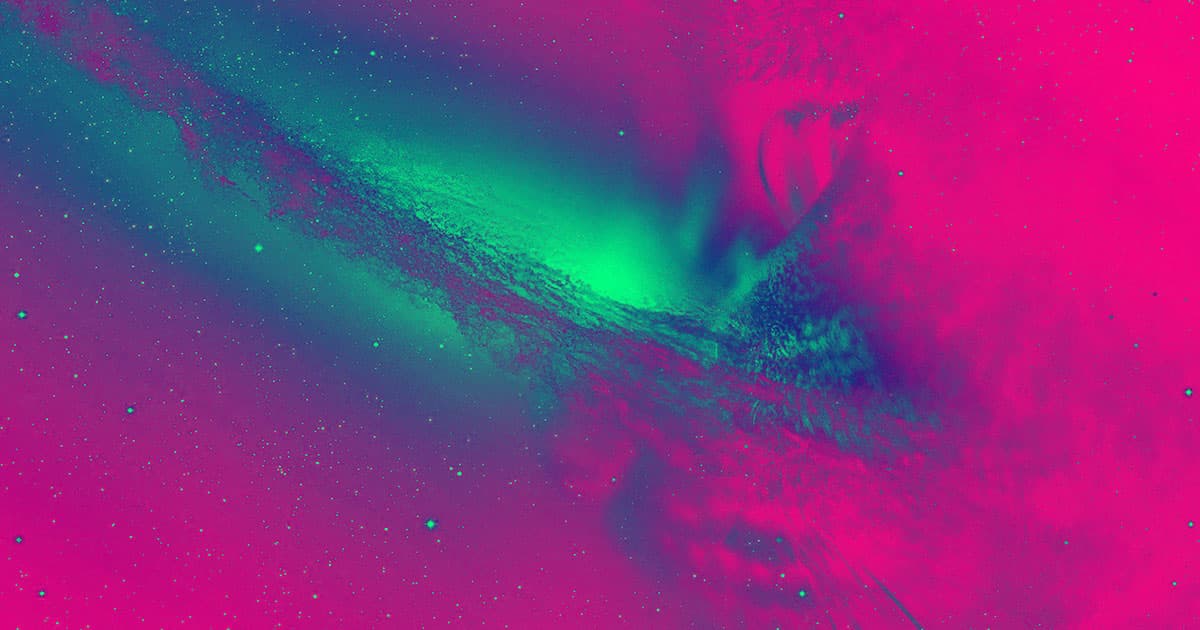"Just by logging onto the website, you can literally see something that no one has ever seen before."
Citizen Science
Your friends have taken up new hobbies like baking or needlepoint while they self-isolate. If you're looking for something that can undeniably one-up them and their endless bread pics, why not join the hunt for new galaxies?
The coronavirus pandemic is a prime opportunity for people to get involved in citizen science projects, Space.com reports, in which non-scientists can lend their time to a sort of crowd-sourced research project. One of those, the Galaxy Zoo, is actively shaping our understanding of the universe.
Keeping Busy
The idea behind citizen science is that researchers, like Galaxy Zoo principal investigator and Oxford astrophysicist Chris Lintott, handle the dense science, and everyone else helps out with the less-technical tasks. In this case, astrophysicists capture new images of space, and Galaxy Zoo participants help classify any new galaxies that pop up.
"The shape of a galaxy tells you about its history: it tells you about when it accreted material, when it collided with other galaxies, when it formed stars and all sorts of other things," Lintott told Space.com. "But astronomers are quite good at getting images of galaxies and less good at sorting through the data."
First Look
Surveying the night sky can give astronomers a seemingly insurmountable pile of new information — and enlisting an army of volunteers can be a crucial part of figuring out what's actually going on.
"You might well be the first person ever to see that galaxy," Lintott told Space.com. "Just by logging onto the website, you can literally see something that no one has ever seen before."
READ MORE: Cooped up at home? You can help scientists spot penguins from space or seek out new galaxies. [Space.com]
More on citizen science: Scientists Discover New Snail, Name it After Greta Thunberg
Share This Article
